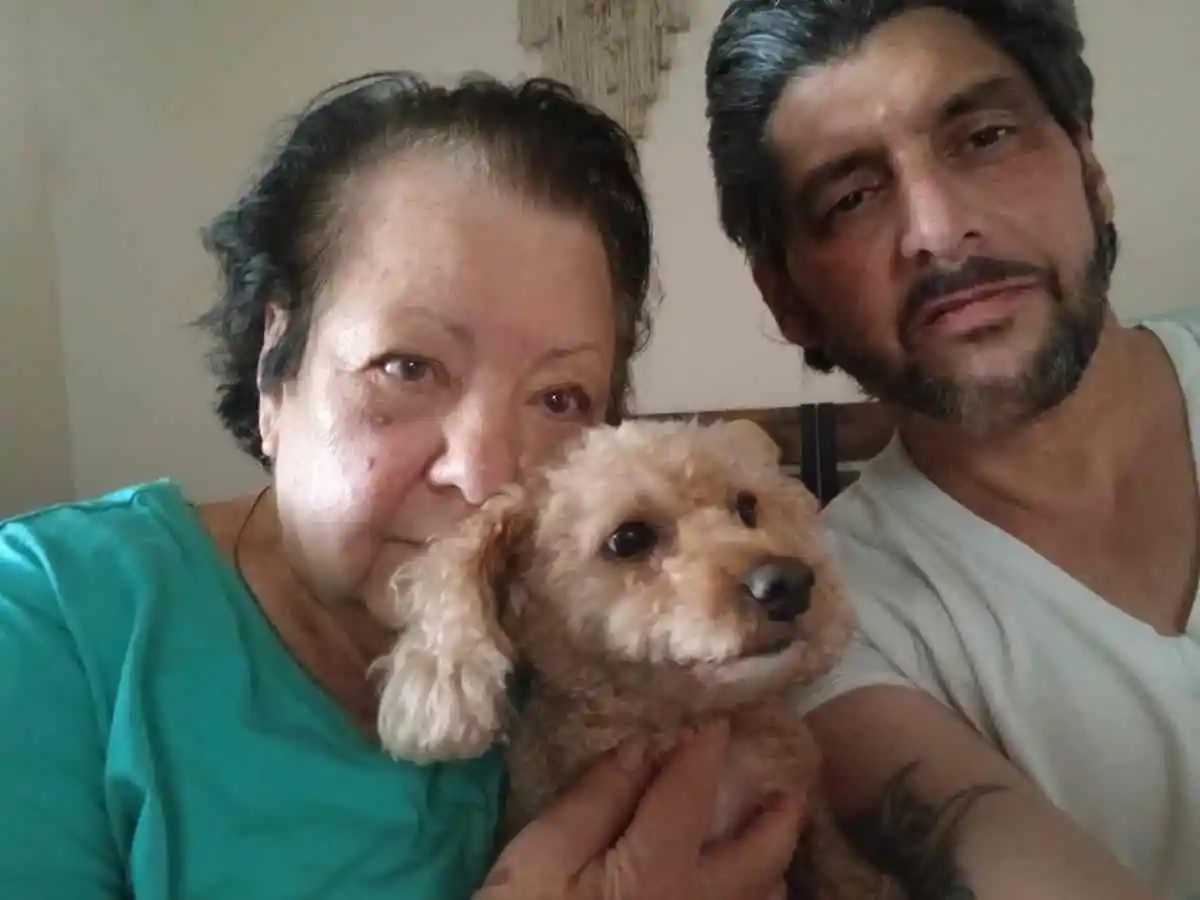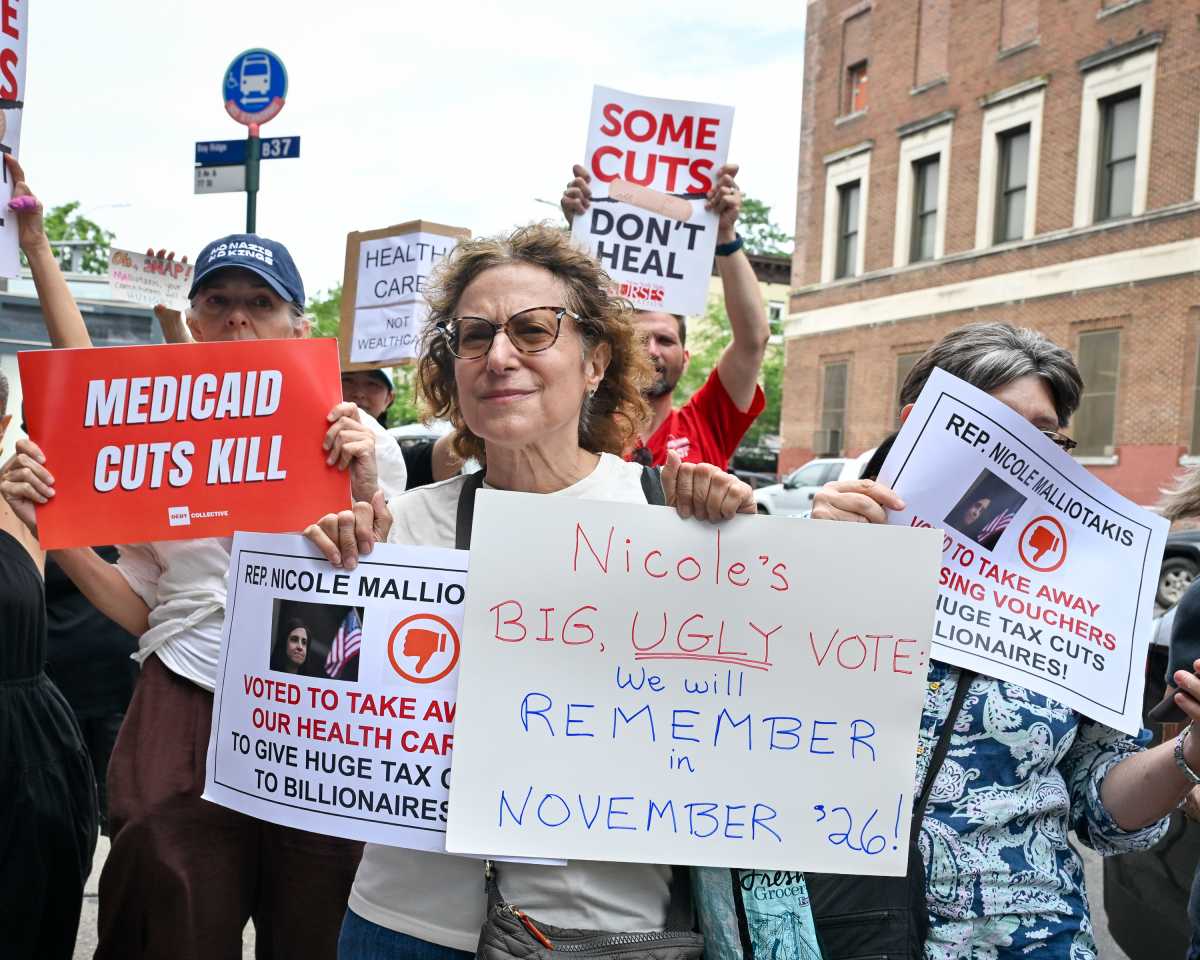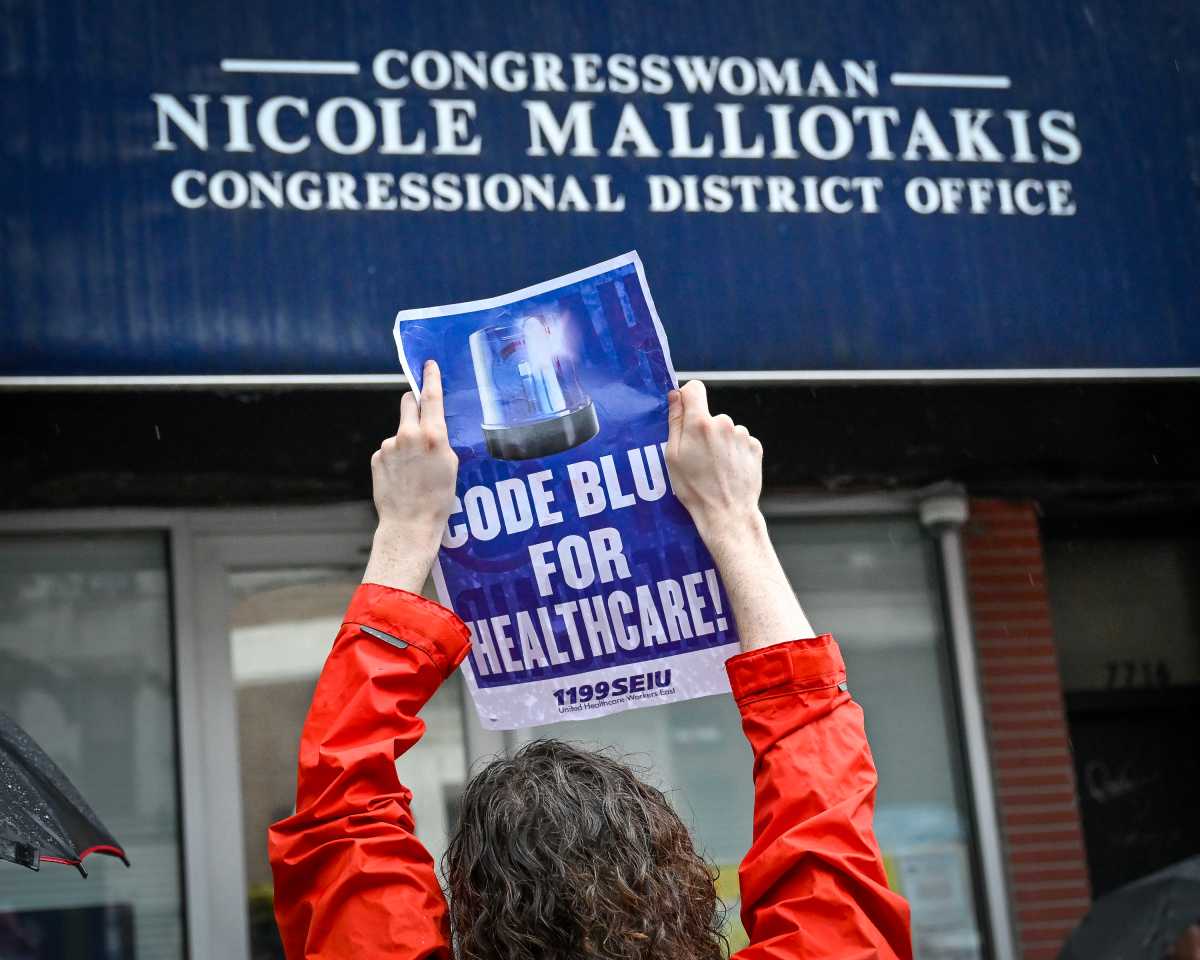The city council this week unanimously passed a five-bill legislative package dealing with prison and human rights reform.
Queens City Council member Julissa Ferreras-Copeland sponsored the first bill, dubbed 763-A, which increases transparency of the conditions in which city inmates live.
The bill is intended to curb prison violence at jails like the notorious Rikers Island by increasing the number of incidents to be reported and documented to authorities. The measure requires monthly reporting of seven key violence indicators including inmate fights, serious injuries as a result of inmate fights, stabbings and slashings, and the use of force by staff on inmates. An additional 16 indicators would be reported quarterly, and another four indicators would be reported yearly.
“No one currently incarcerated in our city’s jails should be treated inhumanely and this legislation will help ensure that no one faces abuse that goes unaddressed. Regular public reporting about violence in the Department of Correction facilities is perhaps the most important step we as a Council can take to shed light on what often occurs in the shadows at Rikers Island. This bill will allow the public to closely and frequently examine these vital statistics, and allow all policymakers including the Council to monitor how the DOC’s reform efforts are progressing,” said Ferreras-Copeland.

On the human rights part of the package Park Slope City Council Member Brad Lander saw his bill, 814-A, requiring that exemptions and exceptions from the general provisions of the Human Rights Law be limited in order to maximize deterrence of discriminatory conduct, sail through the Council.
“By identifying cases where judges correctly understood this requirement, we help ensure that the law is enforced broadly and creates the strongest legal deterrent to discrimination,” said Lander. “New York City’s Human Rights Law contains a remarkable provision. Built right into the law is the requirement that the law be ‘construed liberally for the accomplishment of the uniquely broad and remedial purposes,’ even where state and federal laws don’t go as far”
Brooklyn City Council Member Darlene Mealy (Brownsville, Bushwick, East Flatbush) introduced, 118-A, which would amend the Human Rights Law to give the New York City Commission on Human Rights the authority to award attorney’s fees, including expert fees, for a prevailing complainant in a matter brought before the Commission.
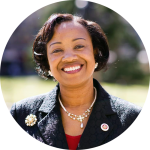
“As the Chair of the Civil Rights Committee in the New York City Council I have dedicated my efforts to fight against all forms of discrimination. Intro Number 818-A is a great piece of legislation which will deter discriminatory acts as well as offer additional damages to plaintiffs. While we have come a long way we must continue to do more,” said Mealy.
City Council Member Jummane D. Williams (Flatbush, East Flatbush, Midwood) also had a spot in the human rights reform package, with 832-A. This bill would make it an unlawful discriminatory practice for landlords and other agents of real estate to refuse to sell, rent or lease, or otherwise deny or withhold an interest in a housing accommodation, because of an individual’s actual or perceived status as a victim of domestic violence, or as a victim of sex offenses or stalking. Such victims already have protections against employment discrimination under the City’s Human Rights Law.
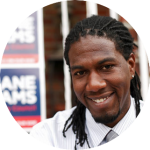
“Domestic violence continues to threaten the safety and lives of too many New Yorkers,” said Williams. “Too often, victims of domestic violence are evicted or prevented from renting apartments simply because they have been abused – this is not only wrong, it’s horrifying. Today, I am proud to stand with my colleagues as we pass intro 832 to make housing discrimination against victims of intimate partner violence illegal.”



